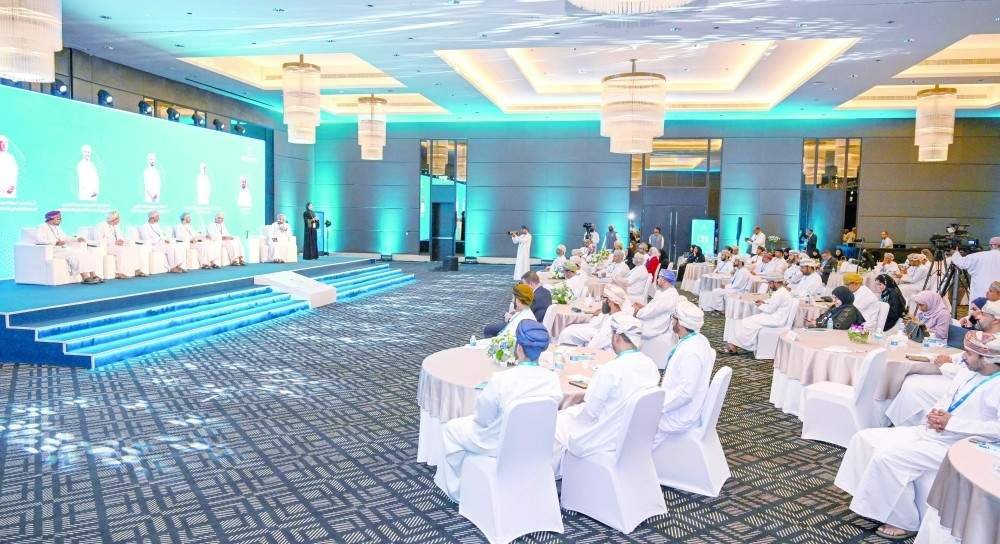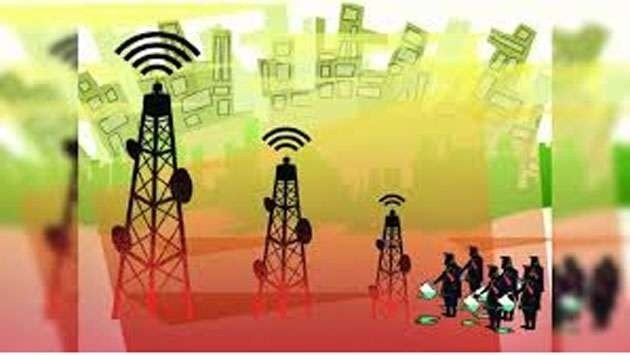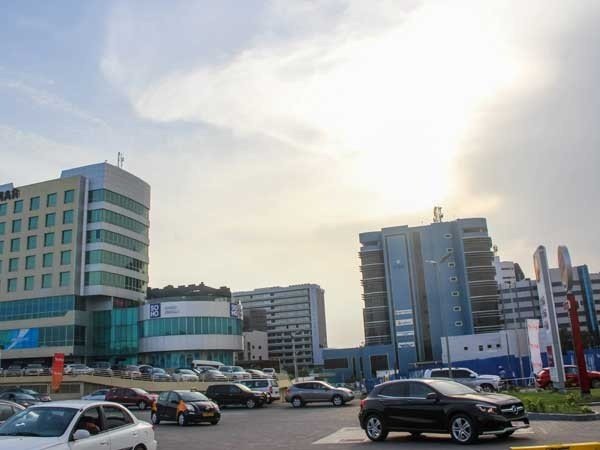The government of Bangladesh has drafted a new telecommunications act, which aims to bring social media platforms, online services, and all internet protocol-based services under its regulatory framework. The draft of the Bangladesh Telecommunication Act, 2024, has been shared for consultation with key stakeholders, including the Bangladesh Telecommunication Regulatory Commission (BTRC), the Association of Mobile Telecom Operators of Bangladesh (AMTOB), and the Internet Service Provider Association of Bangladesh (ISPAB).
This new legislation, which seeks to replace the Bangladesh Telecommunication Act, 2001, and its amendments from 2006 and 2010, has raised concerns from experts and industry representatives. They warn that extending the act to include online platforms could create regulatory complexities, hinder the growth of new companies, and stifle innovation.
Fahim Mashroor, former president of the Bangladesh Association of Software and Information Services (BASIS), argued that nearly all businesses today, including sectors like finance, education, transportation, and healthcare, operate through online platforms. He suggested that these sectors should not fall under the telecom act, but instead be regulated by laws specifically tailored to their industries.
The new act also proposes penalties for violations, with mobile courts authorized to impose fines and penalties in the presence of a commission inspector. AMTOB has objected to this provision, arguing that the mobile court model is not suitable for the technical complexities of telecom services and should be removed.
Zunaid Ahmed Palak, the state minister for telecom and ICT, emphasized that the draft is just an initial step and that thorough stakeholder consultations and public opinion gathering would be held before finalizing the law. He added that the law aims to foster the application of modern technology, create business opportunities, attract investment, and generate employment.
The original telecom law of 2001 imposed a fine of Tk 10 lakh or up to 10 years in prison for operating telecom systems without a license. The fine was raised to Tk 300 crore in 2010, and the same amount is proposed for violations under the new draft. Broadband service providers, especially small and medium-sized businesses, have expressed concerns over the disproportionate penalties, citing that some providers operate with revenues as low as Tk 10 lakh. They have called for a more reasonable approach to fines for the broadband sector and have argued for the separation of telecom and broadband laws.
In addition, AMTOB has requested that the new law include provisions for mergers, acquisitions, and dispute resolution via the Arbitration Act of 2001. The draft also introduces a regulatory sandbox, aimed at promoting innovation and technological advancement in the telecommunications sector. This sandbox would allow new products, services, and business models to be tested in a controlled environment, with certain regulations relaxed for a designated period and a limited number of users.
The draft of the new Bangladesh Telecommunication Act, 2024, marks a significant step in the country’s efforts to modernize its telecom regulatory framework, but it also raises several important questions about the future regulation of online platforms and the potential impact on innovation and industry growth.















